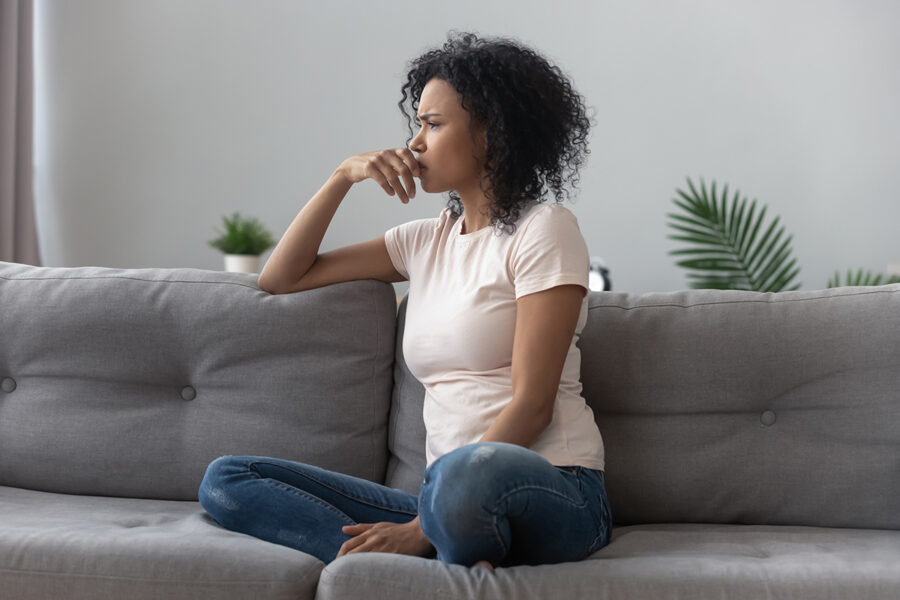How to Reduce Suicide Risk Through Better Mental Health

Have you ever wondered how someone gets to the point of desperation where they want to end their life? It happens over time when their thoughts and feelings become darker and more hopeless. They feel like they are going down a deep, dark tunnel and cannot turn around. Their sadness keeps getting worse. They start to believe things will never get better. One of the ways to help reduce the risk of feeling the deep desperation and sadness that can lead to suicide is to build resilience. It’s a lot like preventing a heart attack by stopping smoking and staying…
Learn to Live TeamJuly 27, 2023






